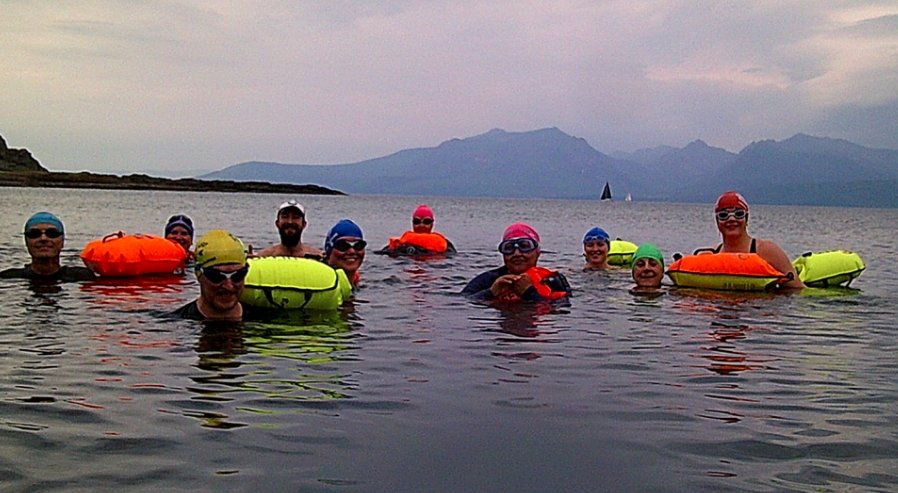A 68-year-old man has died following a wild swimming incident off the Isle of Bute, prompting a police inquiry into the circumstances surrounding his death.
Emergency services were called to Kilchattan Bay, a scenic and often serene spot on the southern tip of the island, around 20:10 BST on Thursday evening. The call was made after concerns were raised about the man’s wellbeing while he was in the water.
The man, whose identity has not been publicly released, was retrieved from the sea and airlifted by emergency helicopter to Glasgow’s Queen Elizabeth University Hospital. Despite medical efforts, he was pronounced dead shortly after arrival.
Circumstances Under Investigation
Police Scotland confirmed that the death is currently being treated as unexplained, and that a full inquiry has been launched. Officers are now working to piece together what happened, including whether underlying health conditions, water temperature, or other factors may have played a role.
A Police Scotland spokesperson said:
“Around 20:10 on Thursday, 20 June, police were called following a concern for a 68-year-old man who had been swimming in Kilchattan Bay on the Isle of Bute. He was taken by air ambulance to the Queen Elizabeth University Hospital in Glasgow, where he was pronounced dead a short time later. The death is being treated as unexplained and enquiries are ongoing to establish the full circumstances.”
As of now, there are no reports of foul play or suspicious activity.

Spotlight on Wild Swimming Risks
The tragedy comes amid a growing popularity of wild swimming across Scotland’s lochs, rivers, and coastal waters—particularly in summer. While the activity is celebrated for its mental and physical health benefits, it also comes with risks, especially for older swimmers or those unfamiliar with local conditions.
Kilchattan Bay, while generally regarded as safe and calm, is subject to tidal shifts and occasional undercurrents, like many parts of the Scottish coastline.
The Royal Life Saving Society UK (RLSS) and other water safety organisations have repeatedly urged swimmers to be cautious, particularly when temperatures are low, as cold water shock and muscle cramping can strike even strong swimmers. The sudden change in body temperature can significantly increase the risk of drowning, especially in open water.
Local Reaction
Residents on Bute, an island with a close-knit community and popular among tourists and nature enthusiasts, have expressed their sadness following the incident. The bay is often used by locals and visitors alike for open water activities.
One local resident, who asked not to be named, said:
“It’s a beautiful place, but the sea can be unpredictable. Everyone is deeply saddened to hear of this. We all know how quickly things can change out there.”
Next Steps
Authorities have yet to confirm whether a post-mortem examination will be conducted, but this is standard procedure in cases of unexplained deaths. Family members have been informed, and support services are expected to be offered.
The incident will likely renew calls for awareness campaigns around the potential dangers of wild swimming, especially for those engaging in the activity alone or without appropriate safety gear such as wetsuits, flotation aids, or thermal protection.


















